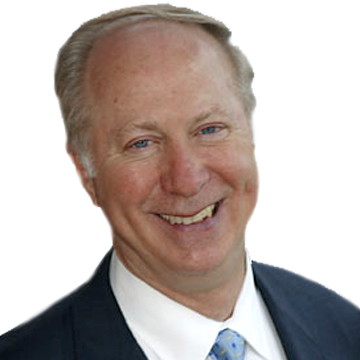David Gergen: Leadership Summit 2009
"Eyewitness to Power" - Interview with Hybels
- Can't teach someone to be a leader but you can expose them to principles and role models.
- Leadership is about creating a culture in an organization.
- Proudest moment not when students learn something but get out and do something.
- Reflective practitioners - leadership is learned in the arena doing and reading/reflection.
- Easy to confuse motion with progress.
- When Roosevelt needed to decide on whether to help Britain, went fishing for a week and came back with "lend/lease" idea.
- Understanding the past essential for moving forward in the future.
- Worked in four White Houses: Nixon the best strategic leader; Ford most decent (never had to have back to the wall with him); Clinton was most resilient; Reagan was the best leader in the White House since FDR (contagious optimism; gifted communicator; sense of humor..."sometimes the right hand doesn't know what the far right hand is doing")
- Weaknesses - Nixon had a deep dark side (Gergen's mentor said two sides in the White House, those that appeal to Nixon's dark side and those who appeal to the bright side); Ford was naive (as was Carter); Reagan was detached so didn't keep his hands on the wheel enough, so if good team he did well but weaker teams hurt him; Clinton paralleled Nixon in terms of cracks in his character (should have shot straight with American people and asked for forgiveness).
- Maturity is coming to grip with your flaws and dark side. Self-awareness. But also realistic to know you won't conquer all of them, so need "controls."
- Leadership doesn't have to be lonely. Days of Lone Ranger leader is over. Make goal to develop a team of leaders. Quotes someone who says, "If you want to go fast, go alone. If you want to go far, go with others."
- Leadership is persuasion, so about trust and role modeling. But also about symbols (e.g., Gandhi's loin cloth, Reagan on a horse).
- Communication: Who the speaker is speaks as loudly as his words. If they don't know you, establish your "ethos" (who you are). Get to the rational, but must get to the emotional in the end to move to action. Best preachers bring emotional appeal that inspires.
- Personal habits of leaders matter a lot. Self-discipline habits, physical fitness is needed, building time to reflect and to be with people you cherish (adds years to life).
- When he walks into church wants to find inner peace by stepping back and seeing life's not about you but something larger, wants to learn something from the pastor or from the readings, wants the moral compass and anchor to life (hubris is a great failing) that faith brings.
- More than change the world, bring a log to the fire that we all are blessed by.
One of my favorite things over the years at the Summit are the interviews and this was one of the great ones.
